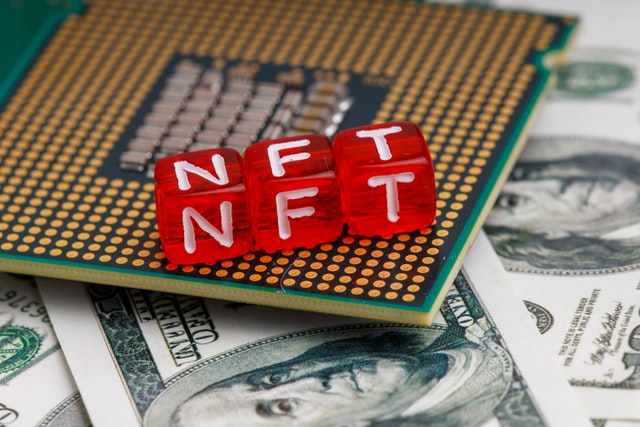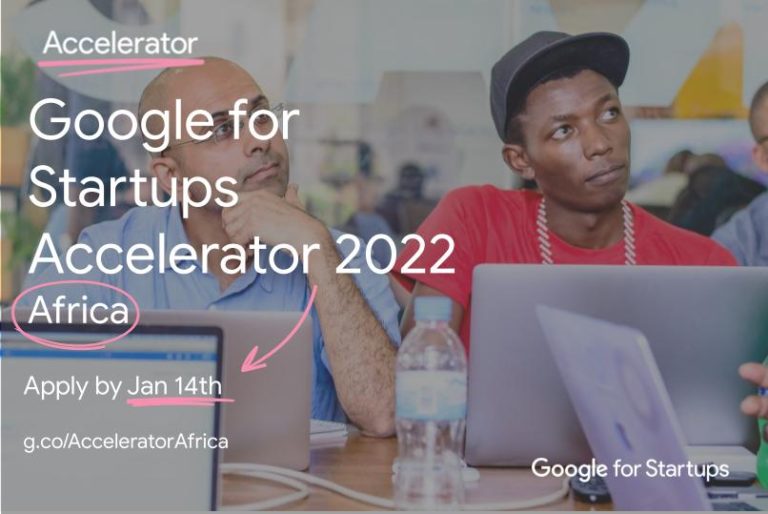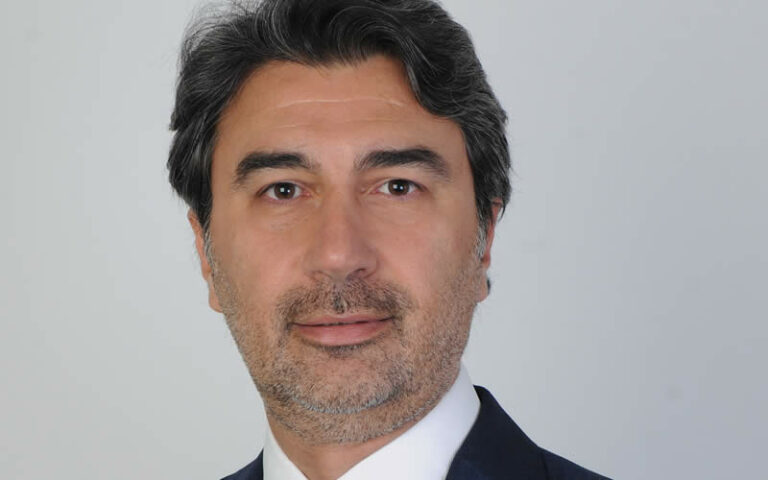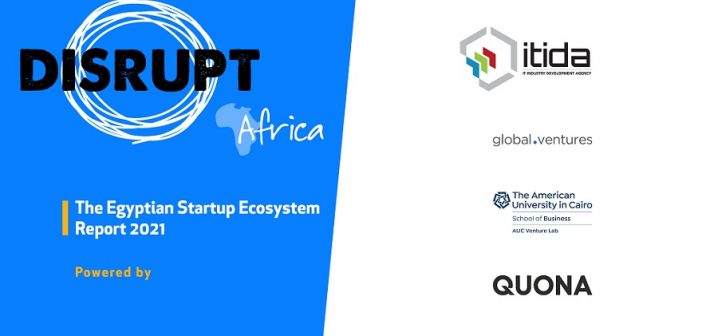The Nigerian Government Will Equip 200,000 Public Servants for the eGovernment Initiative
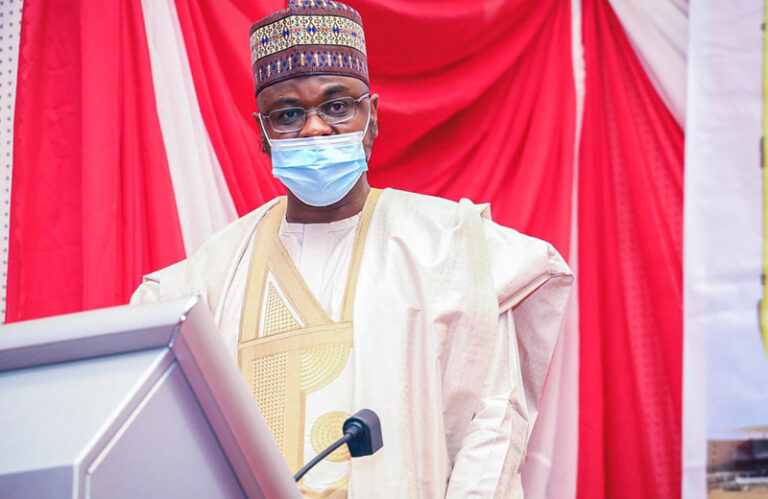
Nigeria’s Federal Government intends to work with the Korean government to train 200,000 civil officials on the eGovernment program over the next five years in order to accelerate the objective to make Nigeria a paperless government by 2030.
The project’s initial phase has already trained 1400 government employees.
According to The Guardian Nigeria, the Minister of Communications and Digital Economy, Prof. Isa Pantami, stated that the Ministry inked an agreement with the Korean government through KOICA in August 2021 for the implementation of Phase 2 of eGovernment development for Nigeria.
Phase 2 of the eGovernment development project, according to Pantami, was created to improve capacity for the execution of the eGovernment master plan by providing advisory services to the Presidential Council on eGovernment.
According to him, the project’s initial phase began in 2013 with the help of KOICA. The project will aid in the expansion of government digital service delivery across the country.
Pantami is one of the persons who will make it easier for regular people in the country to get a National Identification Number (NIN).
The Federal Executive Council accepted and approved this eGovernment master plan in August 2019.
“E-governance is critical to the success of any economy at all levels because it improves transparency, cost-effectiveness, and accountability while ensuring effective delivery of government digital services to the people,” Pantami said last year in a statement after announcing the plan’s debut.
He went on to say that they were open to collaborating with any country that wanted to take advantage of this effort, and that they had already done so with the Korean government.
Prof. Hung Kook-Park, Program Director of KOICA Nigeria, stated that Korea hoped that by 2026, Nigeria will have moved from 140th to first place in the e-government rankings.
“Nigeria is currently placed 140 on the world’s e-Government index, but by 2026, we want Nigeria to be below 100,” he stated.


